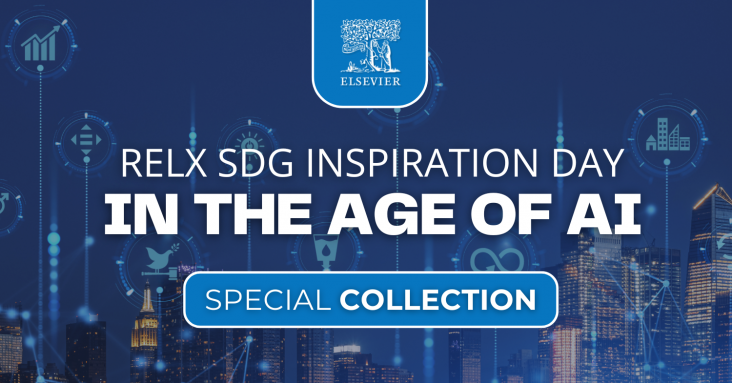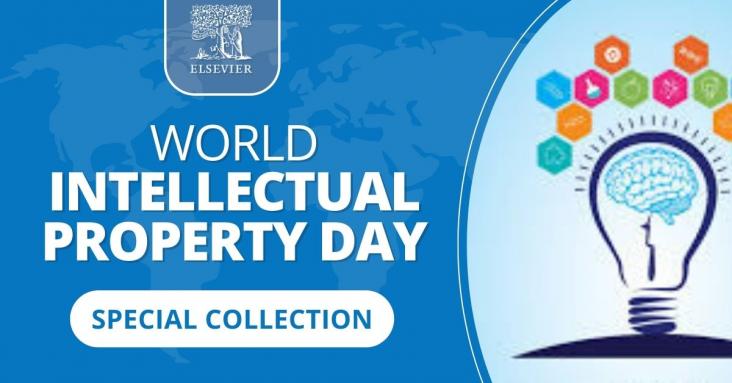Advances in Energy from Waste: Transformation Methods, Applications and Limitations Under Sustainability, Woodhead Advances in Pollution Research, 2024, Pages 225-279

This research has uncovered the conflicts between solar-energy development and the conservation of threatened bird species. A comprehensive analysis has revealed that a staggering 97.4% of regions with significant solar-energy potential overlap with the ranges of multiple endangered bird species. Even more alarming is the fact that over 17.0% of these areas are home to at least 10 threatened bird species. These findings highlight the urgent need to address the potential negative impacts of solar-energy projects on avian biodiversity.

World Intellectual Property Day, observed each year on 26th April, is an opportunity to celebrate the contributions made by inventors and creators around the world and to explore how IP contributes

Every year, World Water Day raises awareness and inspires action to tackle the water and sanitation crisis. To mark World Water Day 2024, Elsevier has curated a free special collection of journal
